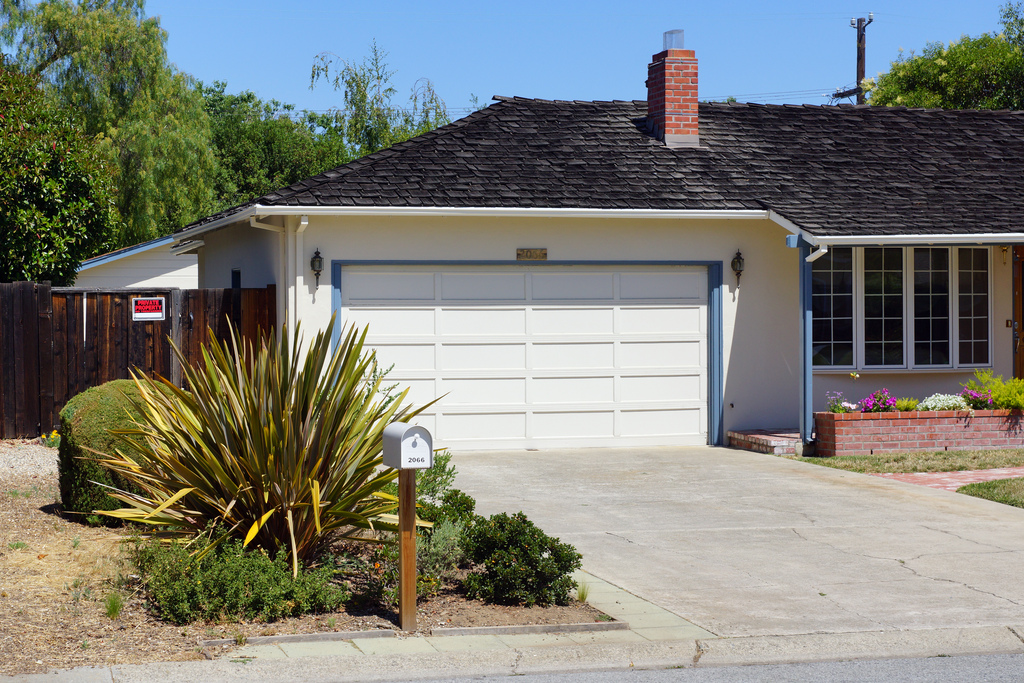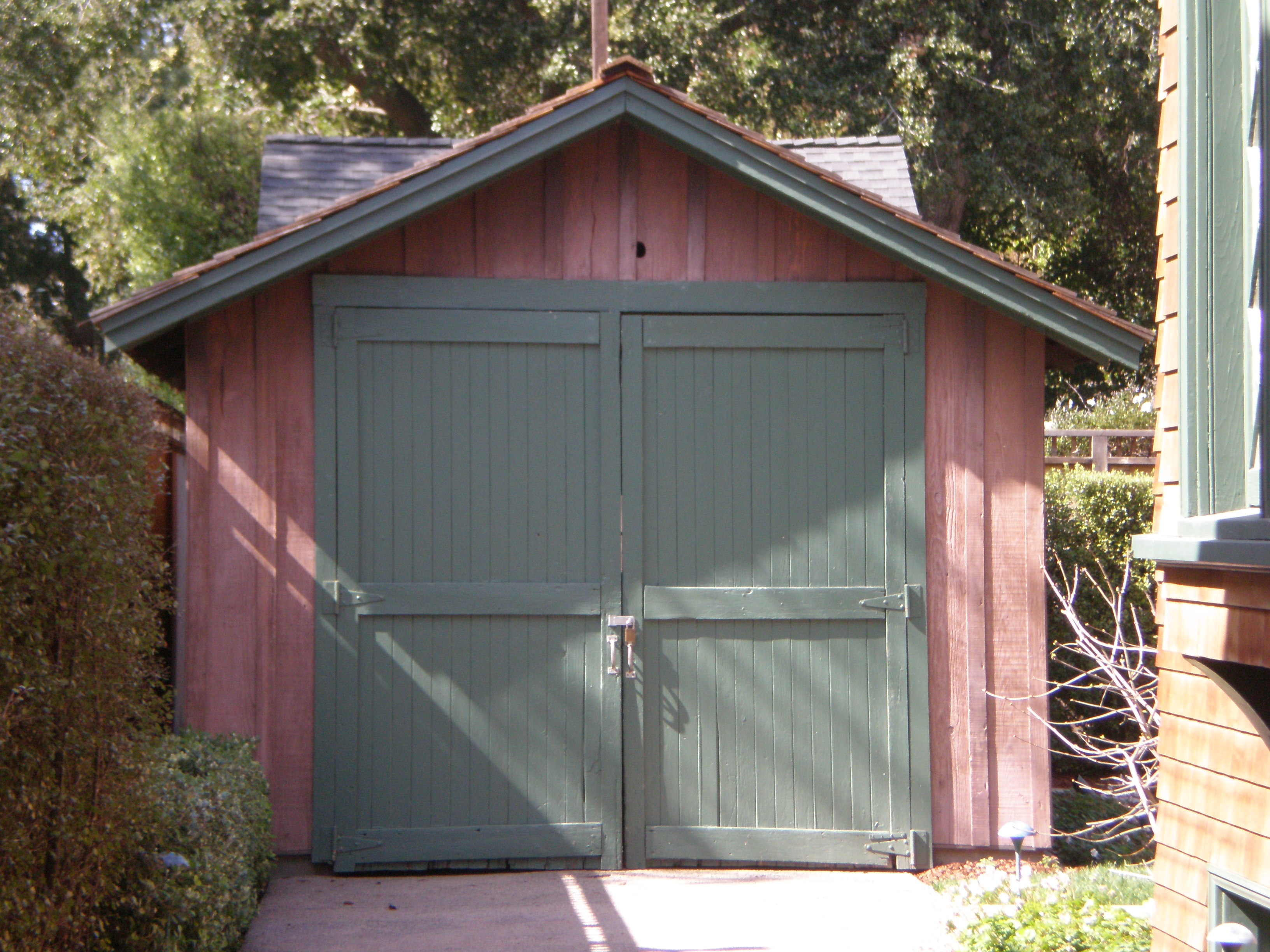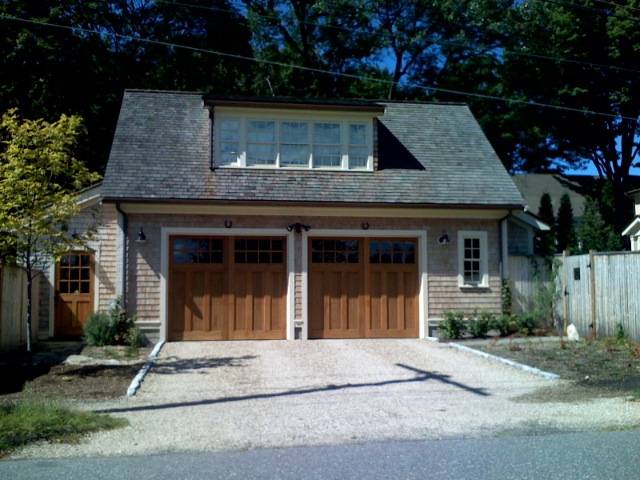Physical Address
304 North Cardinal St.
Dorchester Center, MA 02124
Physical Address
304 North Cardinal St.
Dorchester Center, MA 02124


When it comes to the impact autonomous cars will have on cities, there’s plenty of room for disagreement. Will they increase or decrease urban densities? Will they help with congestion or make it worse? At the same time, there seems to be widespread agreement on at least two things: First, far fewer people will own cars. Second, we are not going to need nearly as much parking. By combining the technology of autonomous cars with the business model of transportation network companies like Uber and Lyft, low-cost, on-demand ride-hailing and dynamic routing bus lines could eliminate the need to keep an unused car hanging around for most of the day. When that happens, we will need far fewer parking spaces, turning on-street parking into wider sidewalks and bike lanes and surface lots and parking ramps into residential and commercial uses.
So how does the humble American residential garage fit into all this? On its face, the garage is little more than the sheltered parking space that comes with most single-family homes. Yet the garage holds a certain mythological status in the American psyche: It gave rise to iconic American brands like Disney, Harley Davidson, and Mattel. It offered a space in which the firms that would launch the digital economy could get their start, including HP and Apple. Google and Microsoft, which both started in garages, maintain “garage” work spaces to this day in order to cultivate innovation. By providing a flexible space in which knowledge, free time, and ambition can transform into entrepreneurial innovation, the garage has played a crucial role in the American economy.

At least in the near term, garages are not going anywhere. Unlike municipal governments and large private landowners who will likely face immediate political and market pressures to retool their parking spaces, many homeowners are structurally stuck with their garages. Millions of garages could go unused, occasionally kept active by automobile hobbyists, most likely turning into de facto storage units. But it doesn’t have to be this way. With modest policy adjustments, garages could play an important role in cultivating small businesses and improving housing affordability.
As we saw above, garages are already engines of entrepreneurship. Why not formalize this status and allow individuals to openly operate small businesses out of their garages? By providing inexpensive and flexible spaces, garages cut out a large cost facing new businesses: rent. At present, zoning laws effectively prohibit entrepreneurs from using their garages for business. In many Americans cities, hiring employees, hosting visitors, putting up signs, and altering your garage for business purposes are all outright banned. As urban planner Sonia Hirt notes in her most recent book, these regulations reflect American zoning’s dogmatic insistence on separating work from home. These restrictions effectively mandate sprawl by forcing commercial uses and residential uses into segregated districts. More troublingly, these regulations fall hardest on low-income entrepreneurs by significantly raising the cost of starting a business.
Ending across-the-board prohibitions on garage businesses and focusing on regulations that address negative externalities would empower entrepreneurs and stimulate small business creation. To be sure, in some cases mortgage agreements, federal regulations, and voluntary homeowners associations may prevent garage-based small businesses. But where they would otherwise be allowed, peeling away restrictions on garage-based businesses is an inexpensive way urban policymakers can expand the urban economy in cities that no longer need private car storage. Ironically, the development of autonomous cars provides an opportunity for policymakers to embrace a modern twist on a traditional form of development: the home above the shop. As revolutionary as home- and garage-based businesses may seem today, they were the norm for most of human history.

Liberating garages could also help address an issue that seems to be on everyone’s mind: housing affordability. In most cities, vast swaths of territory are zoned exclusively for single-family housing. This means homeowners legally cannot convert unused garage spaces into apartments. While the common single-car garage (typically around 250 square feet) may be too small for anything beyond a spartan efficiency, the equally widespread two-car garage (typically 400 to 600 square feet) is appropriately sized to work as a modest one-bedroom apartment. In larger detached garages, “granny flats” are already growing in popularity despite pushback from policymakers. Officially called accessory dwelling units, their informal name speaks to a larger purpose new garage-based apartments could fulfill: housing millions of retiring Baby Boomers while keeping them close to friends and family. While legalizing garage-to-apartment conversions is not a silver bullet for urban America’s housing affordability crisis, eliminating this artificial restriction on the housing supply will only help.
There are a number of policy changes that should be made before autonomous cars arrive. As parking demand declines, ending minimum parking requirements seems like a no-brainer. To head off the possible congestion autonomous cars could cause, policymakers should start planning to move from gas taxes toward an electronic tolling system that incorporates congestion pricing. But ignoring the American garage would be a huge mistake. With somewhere in the ballpark of 70 to 90 million single-family detached homes and around 75% having a garage or carport, we can estimate that there are approximately 60 million garages or 400,000 acres of urban land that will likely be repurposed in the next 25 years. By liberalizing residential land-use regulations, policymakers have an opportunity to encourage entrepreneurship, improve housing affordability, and provide an additional source of income for homeowners. Clearing away outdated regulations and optimizing policy for a driverless world is something can agree on.
Follow me on Twitter at @mnolangray.
I’m also looking forward to eased demand for on-street parking. NIMBY will no longer fear losing their free parking…
Too hell with bureaucrats; use your garage for anything you want, but leave the appearance from the outside the same…..who would know?
I started my TV repair business in my garage using newspaper and radio ads to have clients call me for repairs. Worked well for 2 years, and then I rented a regular shop when the business grew too fast…..
You can free up your garage today by selling your car and using a bicycle to get around…
You probably can’t legally repurpose it, though.
[…] The advent of ridesharing and driverless cars will make it an even better idea to relax zoning that bars business use of household garages [Nolan Gray, Market Urbanism] […]
HP and Apple did start in garages, but Microsoft?